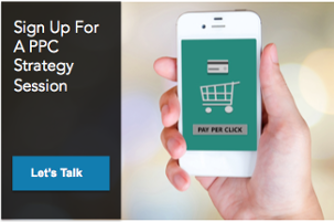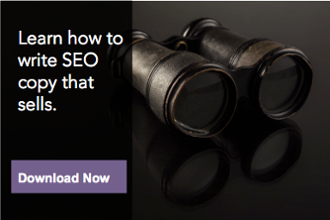 When trying to get more traffic to your site, there are two different and equally viable strategies: organic and paid search. Both of these strategies have their advantages and disadvantages, and both are well suited for different circumstances. Trying to figure out which option is right for your business? Read below for a comparison of the two methods.
When trying to get more traffic to your site, there are two different and equally viable strategies: organic and paid search. Both of these strategies have their advantages and disadvantages, and both are well suited for different circumstances. Trying to figure out which option is right for your business? Read below for a comparison of the two methods.
Organic Search
Organic search results are those that come up naturally when someone types in words in a search engine. Search engine optimization, or SEO, is the strategy of getting a site ranked higher in a search engine. SEO considers the algorithm that search engines use to rank sites and creates content that will rank high in the search engine. The goal of this approach is to create content that will eventually rank on the first page (top 10) of the search engine.
Advantages
One of the biggest advantages to organic search is the credibility it gives your site. If your site is ranked high, searchers are more likely to trust it and view you as an authority in your field. Once you achieve a high ranking, it is much easier to keep it than it was to obtain it in the first place, maintaining your company’s authority in the field.
The organic search strategy produces higher click through rates for searchers not necessarily looking to buy products. This is important with higher involvement purchases. As a searcher interacts more with the content, they learn more about what they want to buy before finally making a purchase.
Another advantage of this approach is that it works over a long period of time. Once content is created, it can be constantly added to and edited. These actions make the content rank highly long after it was originally created.
Disadvantages
The biggest disadvantage to organic search is time. Organic search is a long-term strategy, causing the results to surface slowly. It can take 2-3 months to see your site in top 30 rankings. Don’t be discouraged, though. It’s a slow and steady process, but it works!
The other big disadvantage to organic search is the expenditure of resources. It requires constant creation of content and the use of SEO tactics. In many cases, companies may not have the time or resources to put energy into these tactics and must seek outside help.
Paid Search
Paid search involves a company paying a search engine to appear at the top of search results. Paid search is often referred to as search engine marketing (SEM) and consists of advertisements that are displayed on search engine results when certain keywords are typed in. These ads are known as pay-per-click (PPC) ads, meaning that the company pays the search engine based on the amount of times the ad is clicked. The exact placement of ads and what keywords they appear for is determined by a bidding process and a quality score of the site. Just like organic search, paid search comes with advantages and disadvantages. These pros and cons are essentially the opposite of those for organic search.
Advantages
One of the biggest advantages of paid search is time. Your site is placed to the top of search engine results as soon as you pay. The appearance of your PPC ad can be targeted so that it reaches your key audiences. This targeting can focus on location, age, income, education level and much more. Paid search is becoming increasingly popular as organic search becomes more competitive.
Another big advantage of paid search is an increase in click through rates. In searchers who have a high intent of purchasing, paid search will result in more clicks than organic results. Examples of searches with high purchase intent include product or brand-specific keywords.
Disadvantages
The biggest disadvantage of paid search is the cost. The more competitive the keyword in question is, the higher the price will be. Without a high level of expertise to manage campaigns, a great deal of money could be wasted attempting to attract the wrong traffic.
Another disadvantage to paid search is its momentary nature. As soon as you stop paying for the ads, they will disappear. There is also a certain level of distrust with these ads, as consumers sometimes avoid paid ads. Additionally, the click through rate is much lower than organic search in cases other than high purchase intent searches.
Comparison
Based on the advantages and disadvantages laid out above, you might conclude that one of these strategies suits your needs more than the other. In many cases, though, these strategies work best when applied together.
Organic search will give your business credibility and lasting search results, while paid search will provide immediate top of search results. Paid search will help get traffic to your site and speed up the process of optimizing your landing pages for higher conversions.
A Google study notes that organic and paid search are very rarely seen together. However, when an organic search is accompanied by a paid search, the searcher is more likely to click on the organic search. While both strategies have their upsides, the combination of the two will make you unstoppable!


